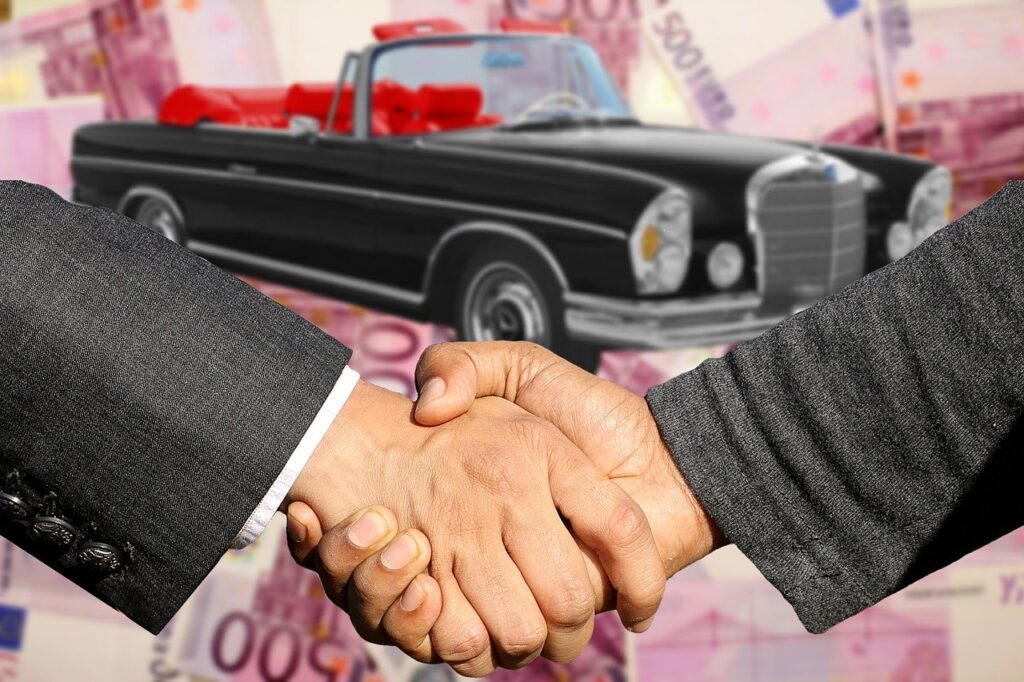There are many reasons why people buy classic cars. There are those who love to collect these automobiles, and there are also those who enjoy the work involved in restoring them. Of course, there are also people who buy classic cars to drive and flaunt them on the road.
No matter your reason for buying a classic car, you have to make sure that you have all your facts straight before doing so. For example, you need to know the difference between “classic” and “vintage.” A classic car is usually over 20 years old but not more than 40 to 45 (if it’s over 45, it can be considered an antique). Vintage cars, on the other hand, are models built around the late 1910s to the late 1930s.
That said, here are a few more helpful tips when buying classic cars:
Make Sure It’s Easy to Find Parts
As previously mentioned, classic cars are at least 20 years old. Therefore, they’re old and you may not be able to find replacement parts as quickly and as easily compared to newer models. If you’re only going to showcase the car, then finding parts isn’t so much of a problem. If you’re planning to regularly take your classic automobile out for a spin, however, then you need to find a reliable source for parts.
It’s helpful to note that there are some classic car models that are more popular than others. This means that you’ll have an easier time looking for components for restoration and repairs if you go for the well-known makes and models. You can check out this website if you need auto parts for classic vehicles like the 1990 Jeep Cherokee or the 1996 Chrysler Neon.
Have It Checked by an Expert
Buying a classic car is essentially buying a used car; the only difference is that the model is a little more popular or coveted. In short, you absolutely have to bring an expert with you to give the classic car you want a thorough inspection. Ideally, bring someone who’s knowledgeable not just in auto mechanics but also in classic and vintage cars.
Make sure that the car gets checked inside and out to ensure that you’re getting your money’s worth. Bringing a classic car expert with you can also give you the power to bargain for a lower price, just in case there are some issues with the vehicle. You should also ask for ideas and tips for restoration and maintenance.
Find and Join Car Clubs
Joining a club is certainly not required, but it’s a good way to share your interest and passion for your classic car. In addition, if you’re new to the scene, it’s definitely helpful to be surrounded by long-time enthusiasts.
Being part of a classic car club also means you have a community ready to help you with any problems. Whether you’re looking for parts and components or ideas on how to further customise your vehicle, your fellow club members will be more than happy to assist.
Accept That You HAVE to Spend a Lot of Money and Effort
“Classic” definitely sounds nice, but it’s just another way of saying “old.” Classic cars can be rare and therefore valuable, but there’s no denying that you have to spend thousands of dollars on them beyond the purchase price. You have to restore them, insure them, maintain them, and keep them properly (if you’re not going to drive them).
Make sure that you’re absolutely prepared to shell out the money before you get a classic car. If you’re the DIY sort, then you also have to be ready for the long months of hard work in fixing and restoring your car. If you aren’t, then you’re only going to be disappointed.
Have an Exit Plan
Now, you may be thinking. You’re planning to buy a classic car to add to your collection or maybe even use it. Why do you have to think about selling it this soon?
That’s because you can’t discount the possibility of you wanting to sell your classic car one day and it’s not as easy to do. After all, not everybody is in the market for this kind of vehicle. Therefore, you need to have an exit plan as soon as you think about buying a classic car.
Note that originality fetches more value than popularity. The rarer the car, the greater its worth. However, it may also be a little more difficult to sell it. Usually, your potential buyers would be collectors for older classics.
On the other hand, a more mainstream classic car will have a more established market. This means that you can sell it much faster but the price could be much lower.
Buying a classic car is similar to buying a “regular” car in that you need to take a look at various factors to make sure that you’re getting what you really want. Still, there are also plenty of nuances you need to consider. Hopefully, this quick list has helped you in this regard.
